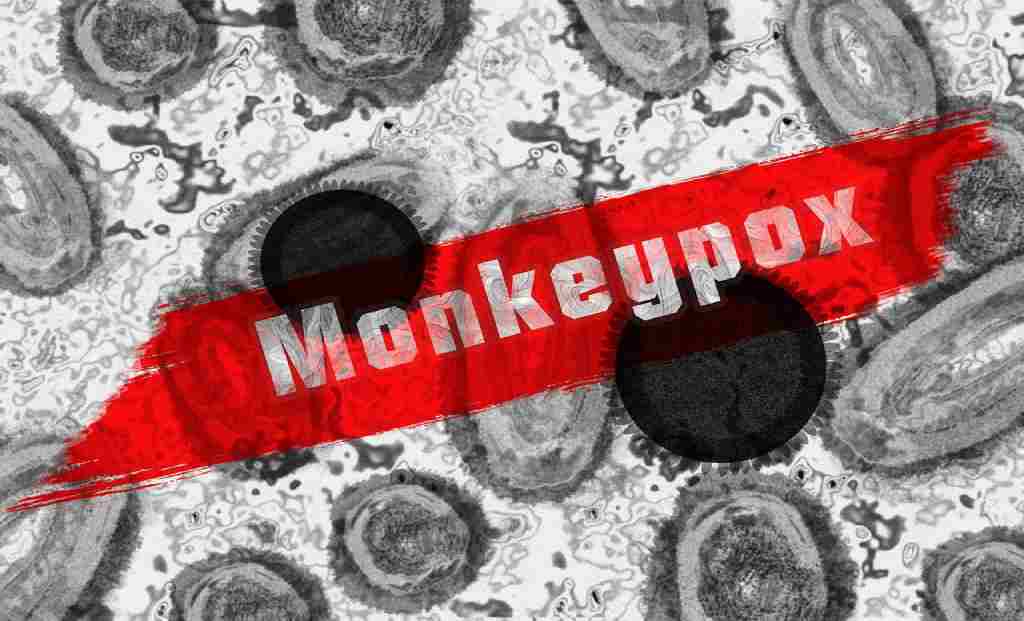Urges Collaboration and Protection of Affected Communities
Geneva, Switzerland – The World Health Organization (WHO) has officially declared monkeypox a global public health emergency of international concern. With more than 16,000 reported cases across 75 countries and five deaths, the rapid spread of the outbreak has prompted WHO Director-General Tedros Adhanom Ghebreyesus to call for urgent action and close collaboration with communities affected by the disease.
Growing Concerns and Evolving Outbreak
Monkeypox, a viral disease, was primarily confined to central and west Africa for many years. However, in May, multiple epidemics were detected in Europe, North America, and other regions, raising concerns about the disease’s ability to spark large outbreaks beyond the African continent. Initial symptoms include high fever, swollen lymph nodes, and a rash similar to chickenpox. While infections are typically mild, the ease of transmission through body fluids and respiratory droplets poses a significant challenge.
Public Health Emergency Evaluation
The WHO Emergency Committee, convened a month ago, assessed the multi-country monkeypox outbreak to determine its status as a public health emergency of international concern. At that time, 3,040 cases had been reported from 47 countries. However, since then, the outbreak has continued to grow, leading to the reconvening of the committee to review the latest data.
Call for Collaborative Strategies
While declaring the global monkeypox outbreak a public health emergency, Dr. Tedros Adhanom Ghebreyesus emphasized the need for close cooperation with communities, particularly men who have sex with men. Highlighting that the outbreak is currently concentrated among this group, Dr. Tedros stressed that effective strategies and interventions can halt the transmission of the disease. He called on countries to work closely with affected communities, providing them with essential information, services, and measures that protect their health, human rights, and dignity.
Addressing Stigma and Discrimination
Dr. Tedros highlighted the dangers of stigma and discrimination, emphasizing their potential impact on public health. He urged civil society organizations, including those experienced in working with people living with HIV, to join WHO in combating stigma and discrimination associated with monkeypox. Dr. Tedros also reassured that, with the tools currently available, transmission can be stopped, and the outbreak can be brought under control.

